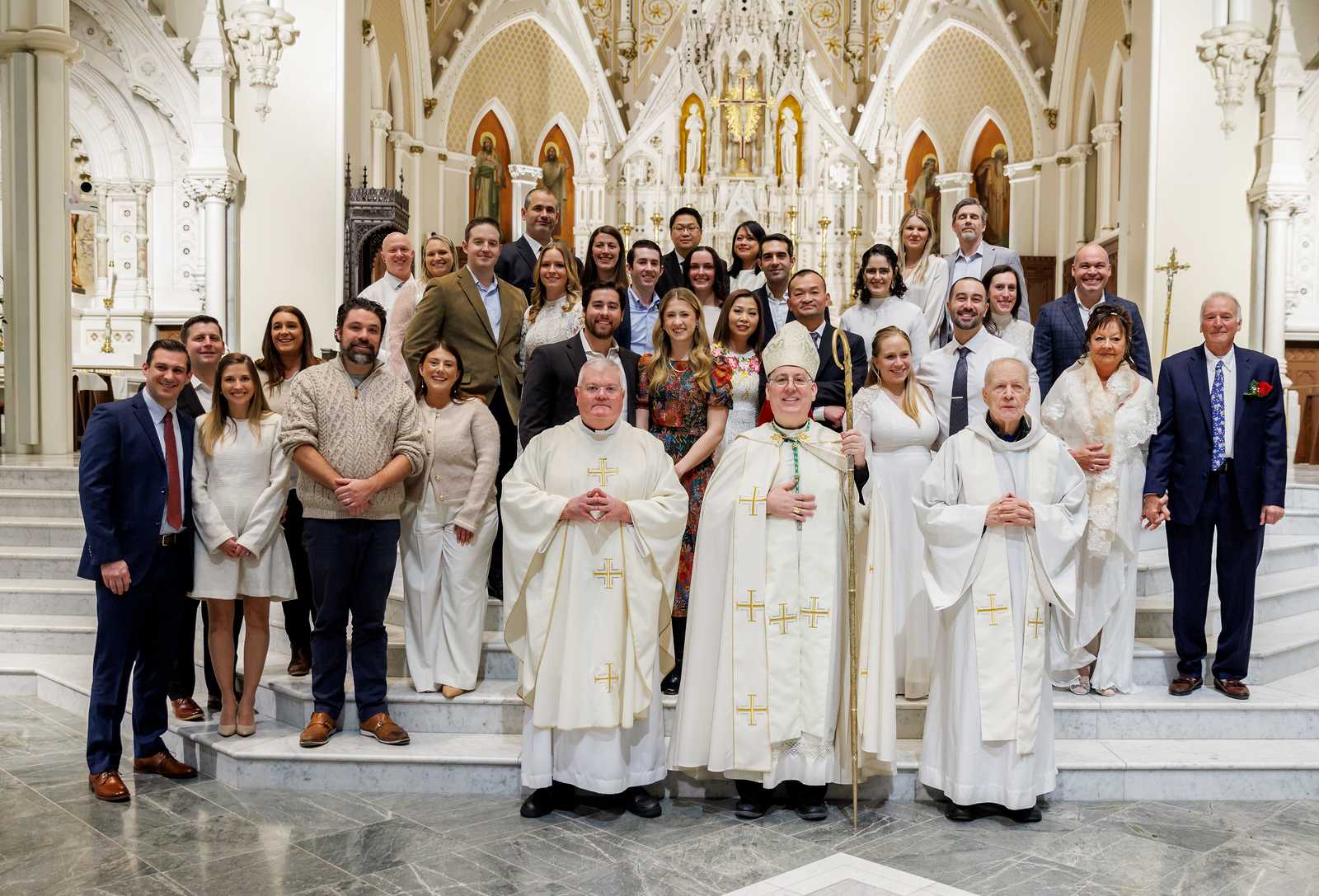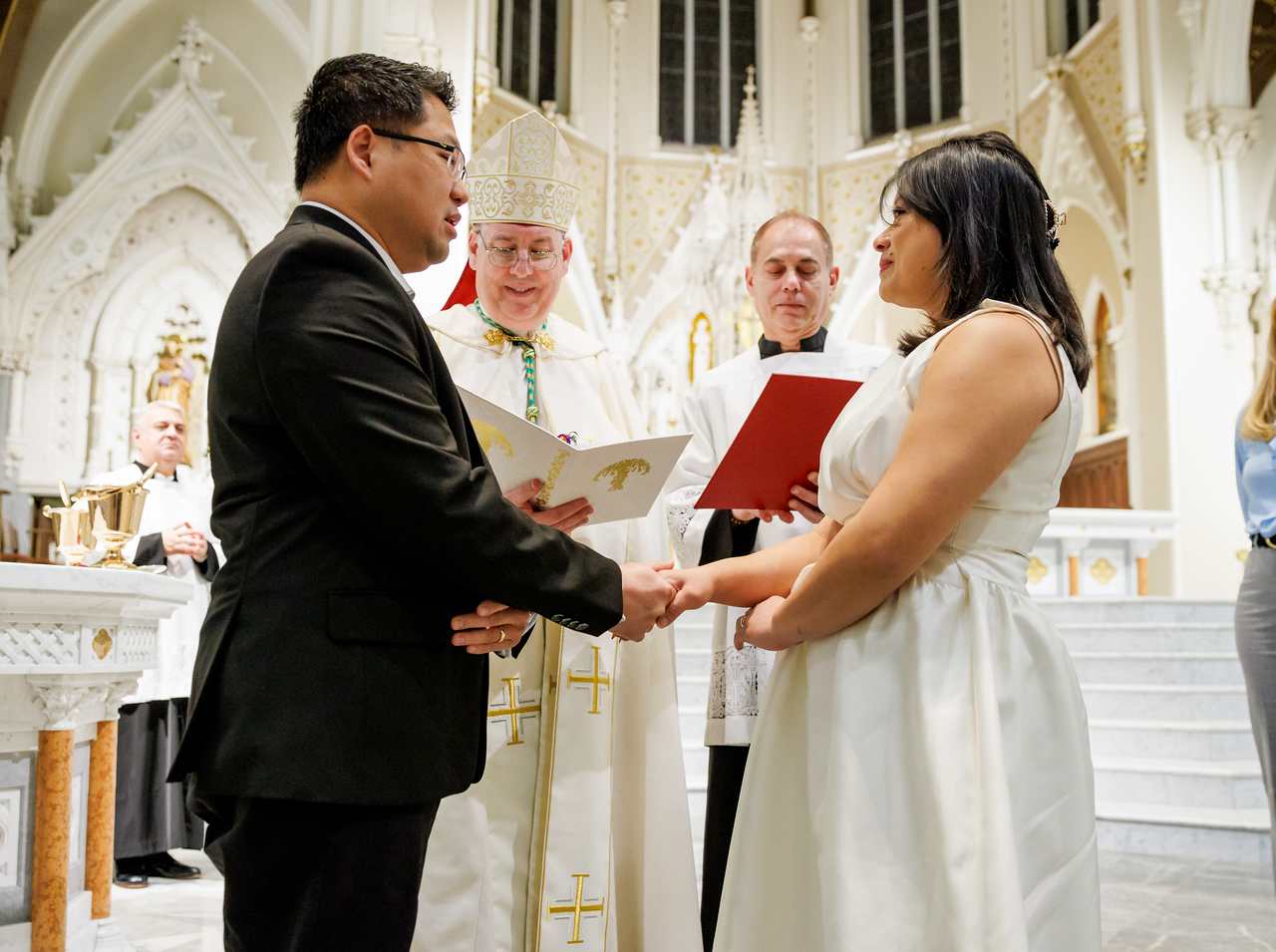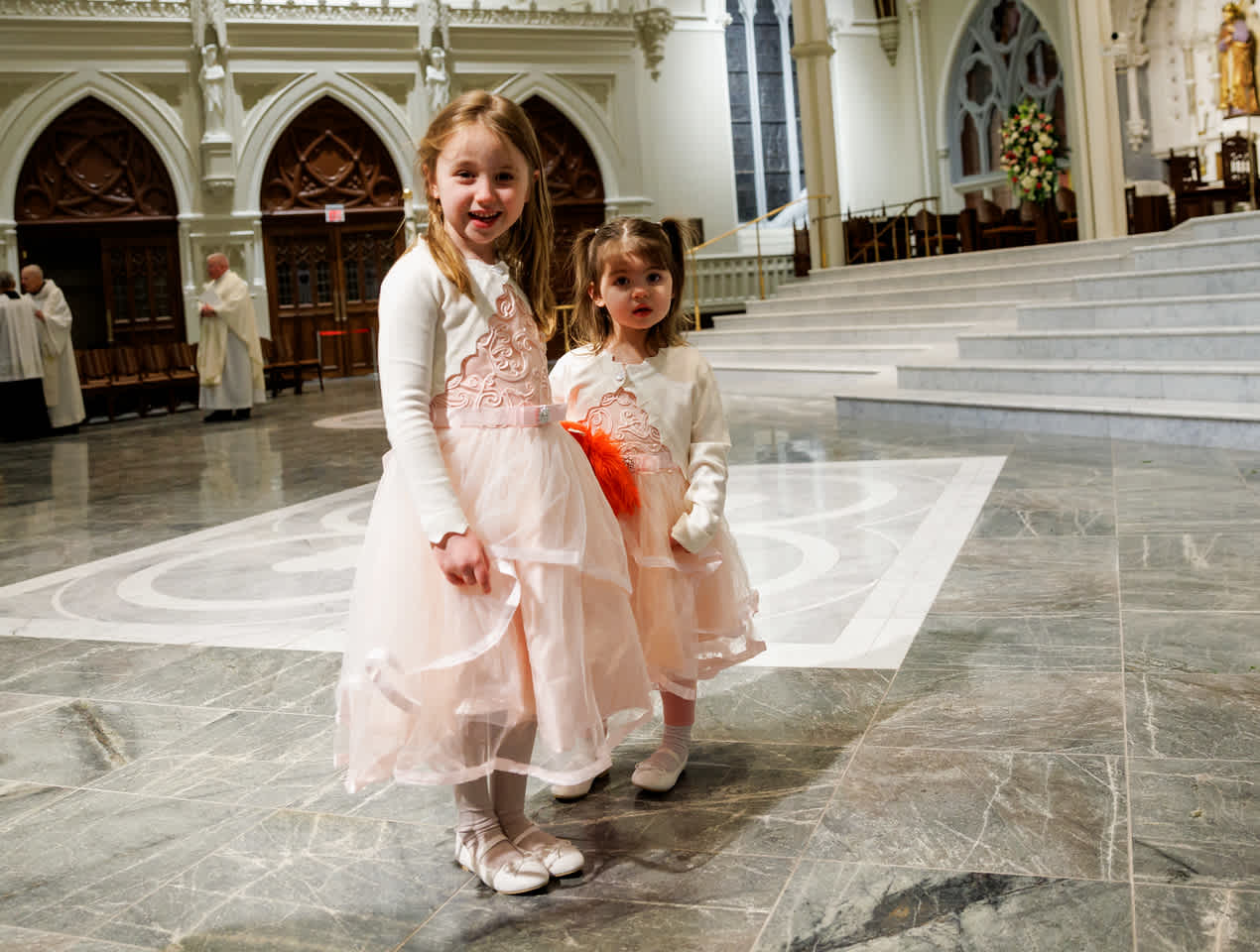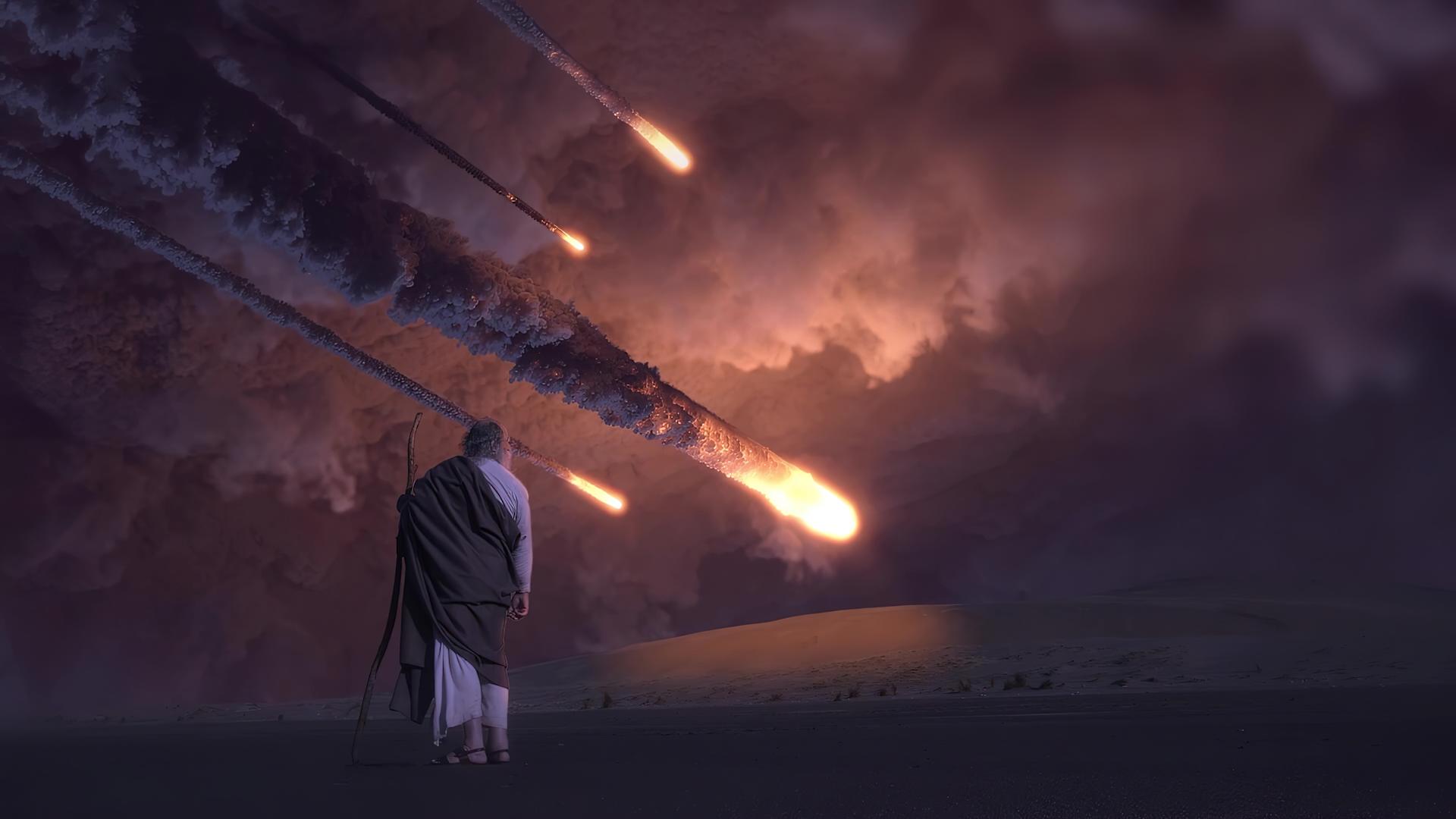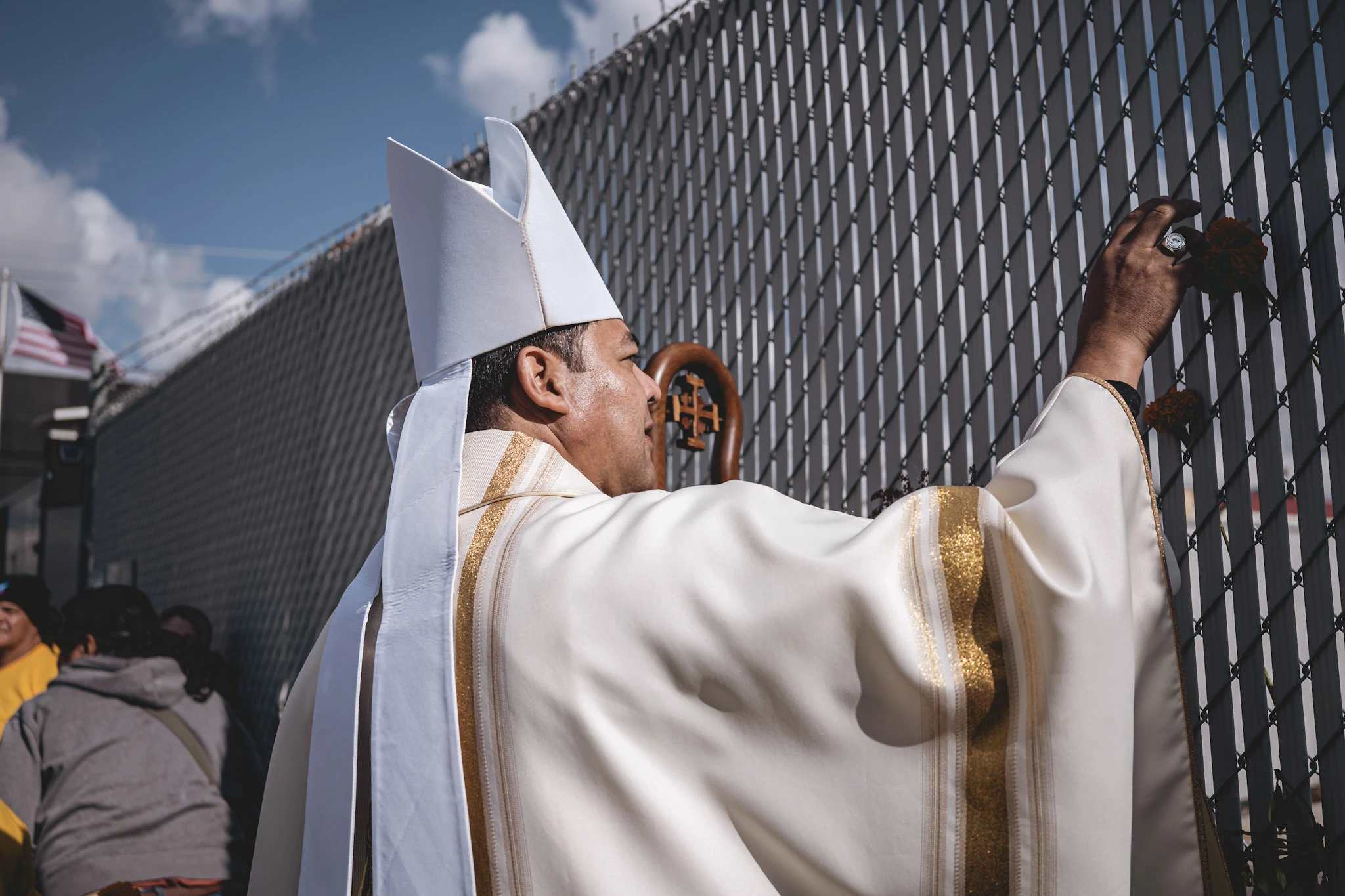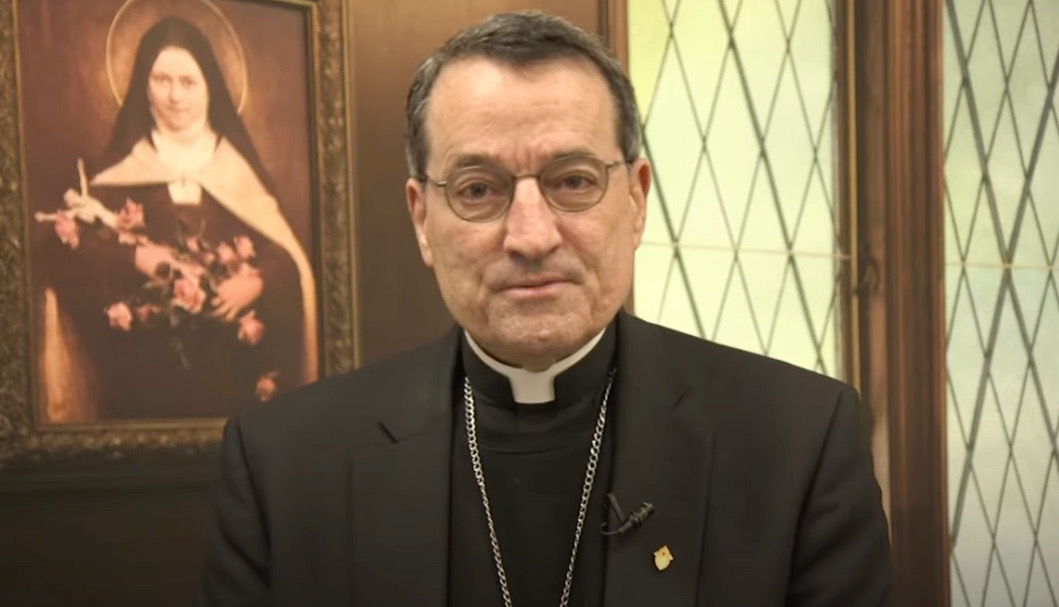With Lent beginning on Ash Wednesday, Feb. 18, Father Manuel Corral, canon of the metropolitan cathedral of Mexico City, called on those involved in criminal violence to live this liturgical season as a genuine opportunity for interior conversion.
During a Feb. 6 press conference, the priest explained that Lent is a 40-day liturgical season of preparation for Easter in the Catholic Church, beginning on Ash Wednesday and concluding before Holy Thursday.
He emphasized that this is a privileged period for undergoing a profound transformation of attitudes, as it is an opportune moment to "be disposed to change."
He also reminded everyone that, although many Christians like to visibly wear the ash cross on their foreheads, its essential meaning should not be lost, since "it is a symbol of repentance" that invites us to examine our lives and turn our hearts back to God.
In this context, he made an explicit appeal to those who perpetrate violence in the country. He acknowledged that this exhortation is particularly complex regarding those involved in organized crime, since the cartels, he said, "are in such a huge spiral of violence that making an appeal" for an end to violence during Holy Week "is very difficult."
Nevertheless, he affirmed that "prayer, as recollection, can bring us peace, provided there is dialogue and that encounter with Christ."
As an example, he recalled when in 2011 the relic of St. John Paul II was being taken from place to place both in San Fernando in Tamaulipas state, and in Apatzingán in Michoacán state. In both cases, he explained, it was possible to create a period of calm amid contexts marked by violence.
In an interview with ACI Prensa, the Spanish-language sister service of EWTN News, the cathedral canon noted that, although it is not common, there are criminals who approach the Church seeking reconciliation. He acknowledged that this process is not easy, since receiving sacramental forgiveness requires taking responsibility, because "you have to repent," and sometimes that means "going and turning yourself in to the authorities."
"It's not easy," he admitted, "but I tell you there have been [cases]… I can attest to people who have changed."
Beyond armed violence, Corral emphasized that the call to conversion is also personal and daily. In this regard, he urged the faithful to examine those attitudes that create conflict in daily life, reminding them that each person must "do what you have to do within yourself to foster and create a peaceful environment."
He also called for recognizing behaviors that harm others, such as "selfishness, not cooperating, or annoying others."
Begin Lent reconciled
To begin Lent reconciled with Christ, the priest pointed out that the most important thing is to approach the sacrament of confession.
As a sign of hope, Corral shared that during the opening of the Jubilee of Hope door at the metropolitan cathedral, he witnessed long days of confessions in which thousands of people came "moved by a real desire for change."
"Confession is like a blank check the Lord gives us, and we fill it with whatever we want, but having this [disposition], to say: Lord, here I am, and I want to have different attitudes, give me the strength so that my life is transformed, so that my life is changed," he said.
Along with confession, the priest reminded everyone that Lent is lived concretely through fasting, prayer, and charity.
He clarified that fasting is not a meaningless deprivation but rather "means self-discipline"; that prayer is not simply repeating formulas but rather involves "above all, silence… that is, 'speak, Lord, for your servant is listening.'"
He also emphasized that charity goes beyond giving alms, as it involves living with genuine generosity, since "to be charitable is to be generous, but generous in giving the best of myself, yes, taking responsibility for my life; that is carrying the cross, as I was saying, that is what it means to be charitable."
This story was first pub lished by ACI Prensa, the Spanish-language sister service of EWTN News. It has been translated and adapted by EWTN News English.


